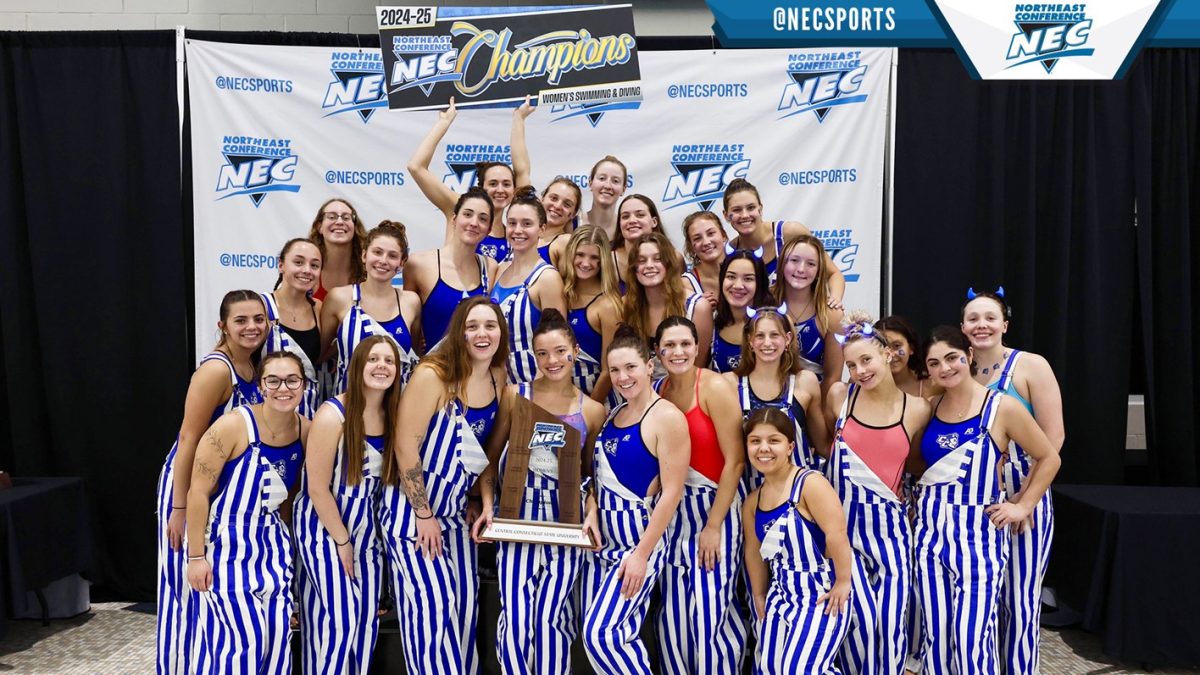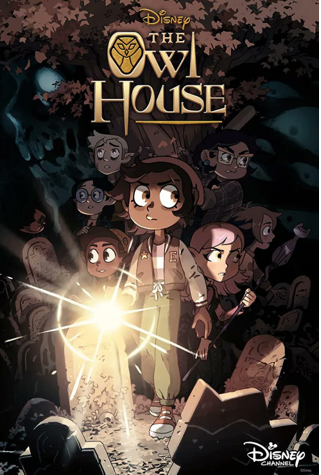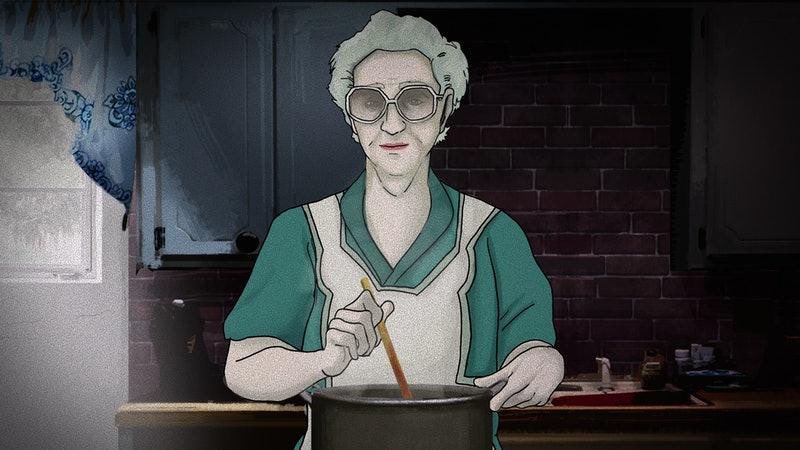By Hayley Smith
Three of today’s most beloved fiction writers—Jodi Picoult, John Grisham and David Baldacci—united on a single stage to benefit the Mark Twain House & Museum.
The event, called “Mark My Words,” took place at Yale University’s Woolsey Hall in New Haven on Wednesday, Oct 19 at 8 p.m. Moderated by world community activist Malaak Compton-Rock, the best-selling trifecta answered questions regarding a variety of topics in front of an audience of about 1,800 people.
The #1 New York Times bestselling authors displayed their humor and intelligence throughout the night, discussing the publishing industry, their individual writing processes, and of course the man of the hour, Mark Twain. After brief introductions, the panel jumped right into the discussion.
With e-books and other technological advancements changing the landscape of the publishing industry, an important question arose: what is the fate of the printed book? The authors are unsure what the future holds, but shared some personal opinions.
While it’s always sad to see bookstores and libraries closing, said Picoult, the e-book is not so bad. Her last novel Sing You Home sold more e-books than hardcover, and it marked the first time this happened. “Anything that gets people reading is what we’re here for,” she said.
The authors agree that the e-book is here to stay. “There will always be a publishing industry,” said Baldacci. “Things will come, things will go.”
Despite the confidence in the future of the e-book, Woolsey Hall erupted with applause when Picoult declared, “The death of the book is greatly overrated. We will always have the book.” With over 400 million copies in print between them, Picoult, Grisham and Baldacci know first hand how popular printed books remain in today’s culture.
Giving their many fans a glimpse into the genius behind their works, the authors were asked about their writing processes and where they get their best-selling ideas.
“We steal everything,” said Grisham. “It all comes from the headlines.” Publishing many legal thrillers, Grisham says that his day-to-day observations of news stories are his main source for novel ideas. Adding that our culture is obsessed with trials, he says there is never a shortage of inspiration.
Baldacci agrees, saying that interest in the subject is key when writing. “Writing is a solitary life,” he said. “When you’re spending so much time writing a story, you have to be fully invested in it.” When he sees or hears a subject matter that interests him, he said he feels obligated to write about it.
Picoult takes a different route than the others, starting with a “What If?” question that she can’t answer. She knows she has a good idea when it wakes her up in the middle of the night. Calling it “successful schizophrenia,” Picoult said that her characters speak to her.
Picoult also discussed her intensive research process. She has gone ghost hunting, spent time on death row, observed open heart surgery, and hung out with a man who lives with a wolf pack, just to name a few.
What else has shaped the remarkable success of the authors? None other than Connecticut’s own Mark Twain. All three authors agree that Twain’s writings have inspired their careers in one way or another. Grisham admires Twain’s fearlessness and anger in his works, while Picoult and Baldacci share his passion for writing about thought-provoking issues in society. Picoult added that while Twain’s classics are anything but overrated, his less-famous works show incredible talent by remaining relevant after many years of societal changes.
“Twain always said that the world’s greatest problem is prejudice,” said Picoult, “and it still is in America.” Baldacci added, “I do channel Mark Twain—I only write in a white suit.”
All proceeds went to the Mark Twain House & Museum located in Hartford.






